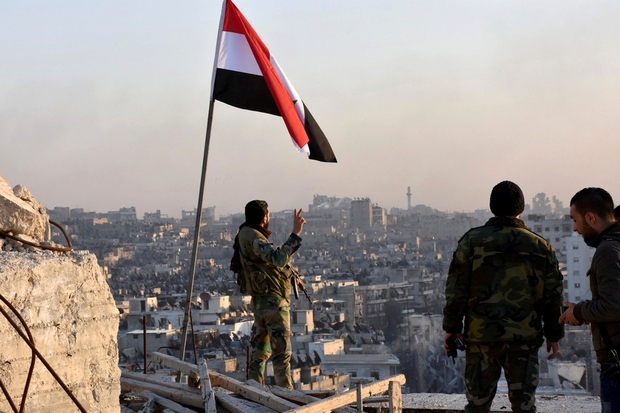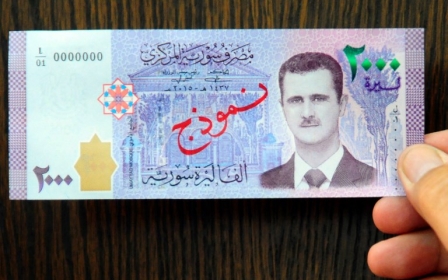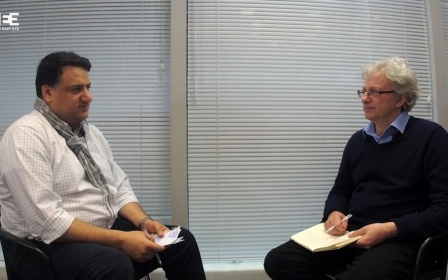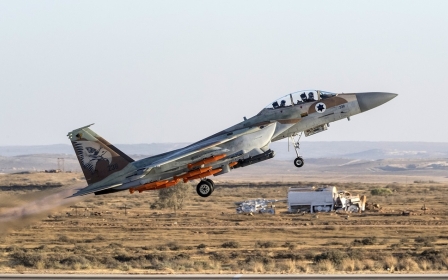Syrian army halts fighting in south as Astana talks restart

The Syrian army on Monday unilaterally announced a halt to fighting in the country's south to coincide with a new round of peace talks in the Kazakh capital Astana.
The army statement, carried on state news agency SANA, said hostilities would stop in the provinces of Daraa, Quneitra, and Sweida.
"In order to support the peace process and national reconciliation, a cessation of hostilities took hold at midday on 2 July and will last until midnight on 6 July," it said.
The freeze was not expected to include fighting against the Islamic State group.
The Syrian Observatory for Human Rights confirmed to the AFP news agency that fighting "almost completely stopped" across the mentioned territory.
The army did not specifically refer to the Astana talks, which open on Tuesday and are expected to last for two days.
The areas mentioned, however, form one of the four "de-escalation zones" agreed in May in the Kazakh capital.
Violence decreased markedly across all four zones in the first few weeks of the deal, but it has recently ramped up in Daraa.
Rebels and government troops have exchanged fire in the southern provincial capital of the same name.
The Astana process is brokered by rebel backer Turkey and regime allies Russia and Iran.
Syrian deputy foreign minister Faisal al-Moqdad said Monday that his government's delegation was on its way to Astana.
"Our delegation is about to arrive in Astana... because we have a higher interest, which is stopping the bloodshed in Syria, we are taking part," he said in Damascus.
And rebel representative, General Ahmad Berri, told AFP he was attending the talks.
Syria's conflict has killed more than 320,000 people, and forced millions from their homes.
In addition to the talks in Astana, the UN is backing peace negotiations in Geneva that are set to begin later this month.
New MEE newsletter: Jerusalem Dispatch
Sign up to get the latest insights and analysis on Israel-Palestine, alongside Turkey Unpacked and other MEE newsletters
Middle East Eye delivers independent and unrivalled coverage and analysis of the Middle East, North Africa and beyond. To learn more about republishing this content and the associated fees, please fill out this form. More about MEE can be found here.




